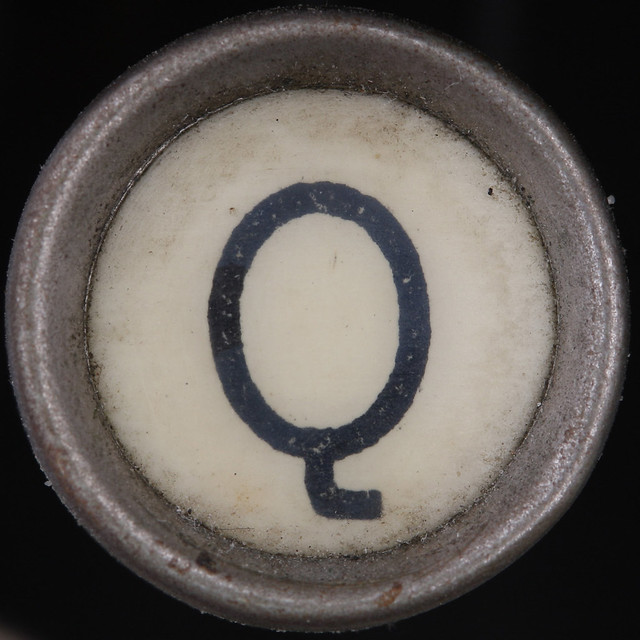One of my favorite shows of all time is So You Think You Can Dance. In fact, when American Idol premiers in January, my only thought it: When this is over, SYTYCD will be next! It's like my personal version of March Madness. I can't get enough. I rewind and watch the best dances over and over again. I make my husband watch some, even though he would rather watch paint dry. Love. It.
On the show, during the regional auditions, one of the things the judges will occasionally say to dancers is that they are clearly "Competition Dancers." Most of the time, the dancers readily agree. Here's the thing, though--that's not really a compliment.
So what does it mean? I means that they are usually technically skilled, and know how to put together moves in a pleasing order that goes well with their music. They usually play to the audience and make sure their smiling faces can be seen at all the right moments. Doesn't sound so bad, right? It's not, necessarily. But it does generally mean they don't have the so-called It Factor. They're not going to win the whole enchilada.
Where am I going with this? Well, I've entered a few writing contests in my day. I've judged a number as well. And I'm starting to think there is such a thing as a Competition Writer. These are writers with solid technical skills, a decent story idea, and the ability to write an opening scene with a good balance of action and backstory, not info-dump, and not overwhelm the reader with a million characters.
But what I'm finding over and over is that missing It Factor. And I don't know how to explain it. How do you get someone to make their words leap off the page and seize control of a reader's brain so they can't stop until they read The End? What makes some prose sparkle? What makes a character so compelling she'll never be forgotten?
The short answer is, I don't know. But I do know when I'm reading contest entries, and I'm following my judging guidelines, I sometimes find myself giving better scores than something really deserves, but it's all based on my gut. Sure, technically, the grammar is flawless. Sure, the dialogue is natural and appropriate for the time period. The world-building may even be well handled, and the pace effective to keep my attention, but when the sample pages are over, I don't care. I don't care if I get to read more. So, this entry might get high marks based on the criteria provided, but that doesn't mean it's a hit. That means it scored well based on the available marks.
That's a contest writer.
While judging a contest recently, I started to use the criteria to mentally evaluate some of the books I was reading that month. Published books, that is. And you know what? Most of them wouldn't have scored well in this contest. Some didn't tell me a thing about the plot in the first 10 pages. Some did no world-building. Some did "too much" world building. Some didn't introduce the romantic interest at all.
But these books? I can't even tell you. I have been on a hot streak lately. I've read some amazing, amazing books. Books I've insisted others read immediately. Books that will enter the canon of my Favorites of All Time. Books that made me feel like a talentless hack. Books that made me want to work harder, be better, think about things, cry, laugh...
In a contest, though? They probably wouldn't even final.
So if you're just starting out, contests may be a wonderful way to get feedback. Learn about creating an interesting hook. Get help with grammar, sentence structure, description, characterization. But if you're finalling over and over again, but agents and editors don't seem interested? It's probably time to step away from the contests. Because you have to know the rules to know how to break them. And when it's time to break them, break them beautifully. Knock their socks off with your rule breaking.
And don't worry if you never final again.































